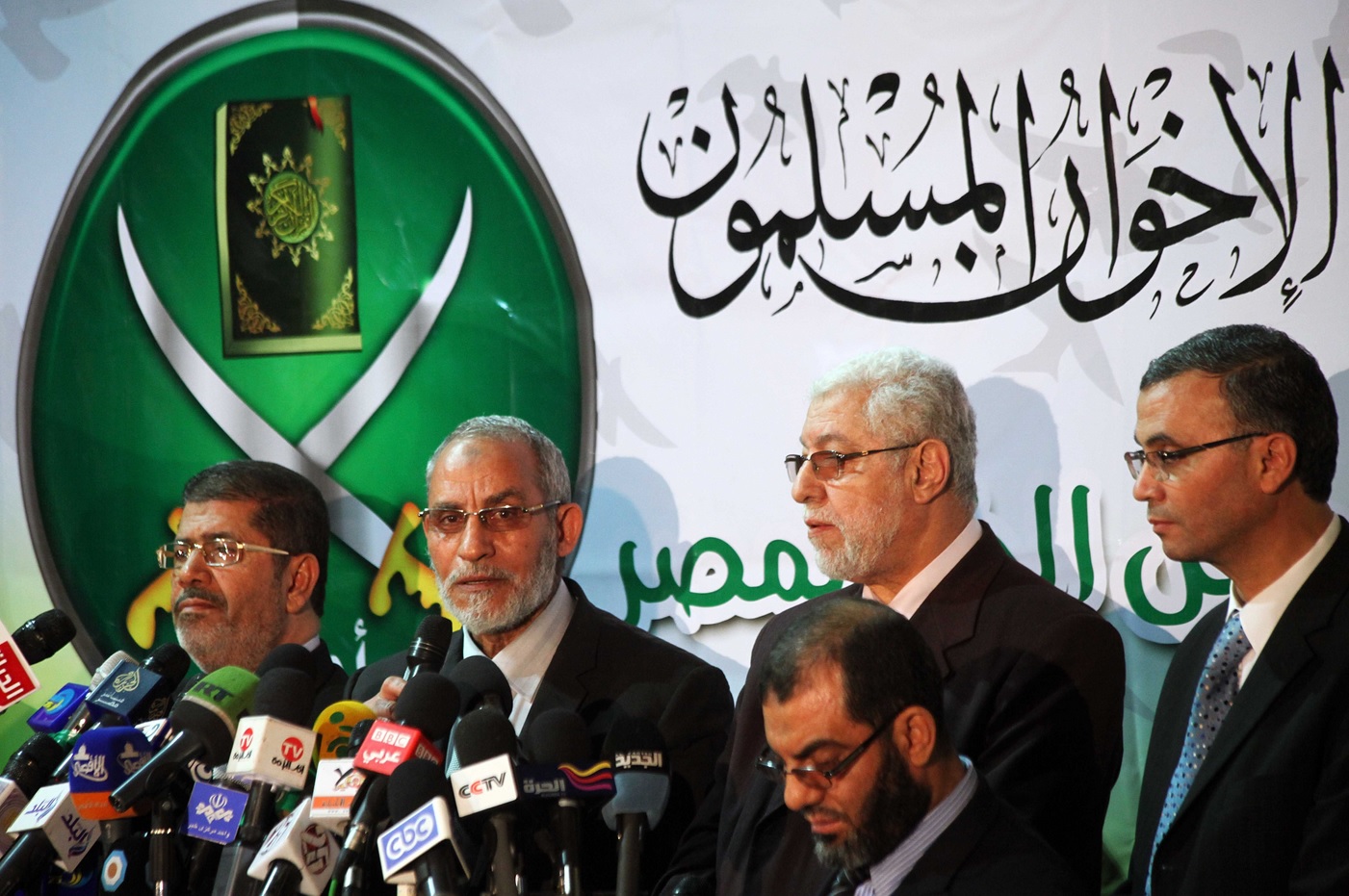UN panel presses Egypt for release of Muslim Brotherhood leaders
A panel of United Nations human rights experts has called for the immediate release of two senior Muslim Brotherhood figures in Egypt, calling their detention unlawful and saying it “may constitute a crime against humanity”. The UN Working Group on Arbitrary Detention said in a report last week that Egypt has violated international human rights obligations […]

A panel of United Nations human rights experts has called for the immediate release of two senior Muslim Brotherhood figures in Egypt, calling their detention unlawful and saying it “may constitute a crime against humanity”.
The UN Working Group on Arbitrary Detention said in a report last week that Egypt has violated international human rights obligations with the continued arbitrary detention of Essam el-Haddad, a former senior adviser to late president Mohamed Morsi, and his son Gehad el-Haddad, who was a media spokesperson for the Muslim Brotherhood.
The UN panel said that Egyptian authorities had not responded to its enquiries regarding the Haddads.
It concluded that their trials “should never have taken place” and that their detention lacks any legal basis.
Egypt’s general-turned-president Abdel Fattah el-Sisi removed Morsi from power in a military coup in July 2013.
Morsi, the country’s first democratically elected leader, was then detained along with the majority of his team, including Essam el-Haddad.
Morsi died in a courtroom in July after six years of solitary confinement and medical negligence. The circumstance of his detention were described by Human Rights Watch as “amounting to torture”.
In September, the Haddads were acquitted of espionage charges, but Essam was handed a 10-year prison sentence on charges of membership in a banned group.
His son, Gehad, was charged with the same crime, and remains in custody at the maximum security Aqrab Prison, according to his family.
The panel noted that the sentencing of Essam was legally problematic because the law that banned the Muslim Brotherhood was issued after his arrest, leaving Egyptian authorities guilty of violating the principle of non-retroactivity.
The two cases, according to the working group, “appear to fit the pattern of systematic, widespread and grave violations of fundamental human rights directed against the senior figures of the ousted government of Mohamed Morsi and their real or perceived fellow supporters”.
The panel called for the pair’s immediate release, compensation and reparations, and further investigations to be conducted and measures taken against those involved in their arbitrary detention.
Essam El-Haddad, 65, is a medical doctor, businessman and co-founder of Islamic Relief, an international humanitarian organisation.
He was actively involved in the Freedom and Justice Party, a political party launched by the Muslim Brotherhood and its allies in 2012. Following Morsi’s election in June 2012, Essam was appointed his foreign relations adviser.
